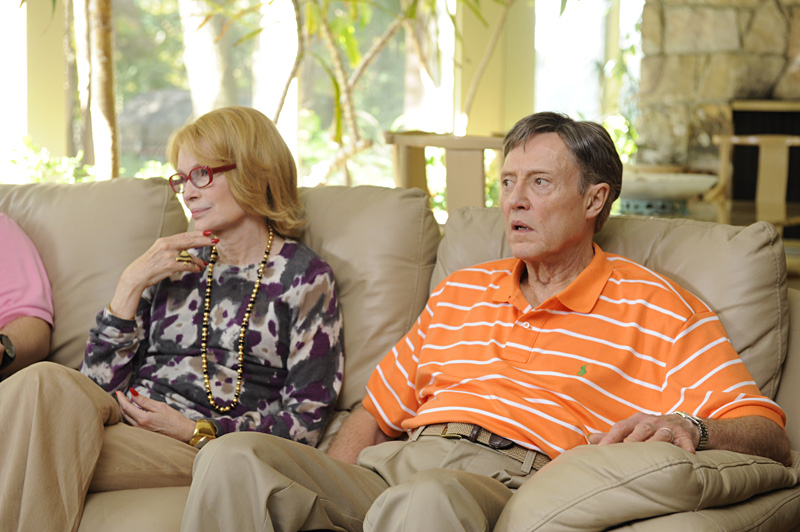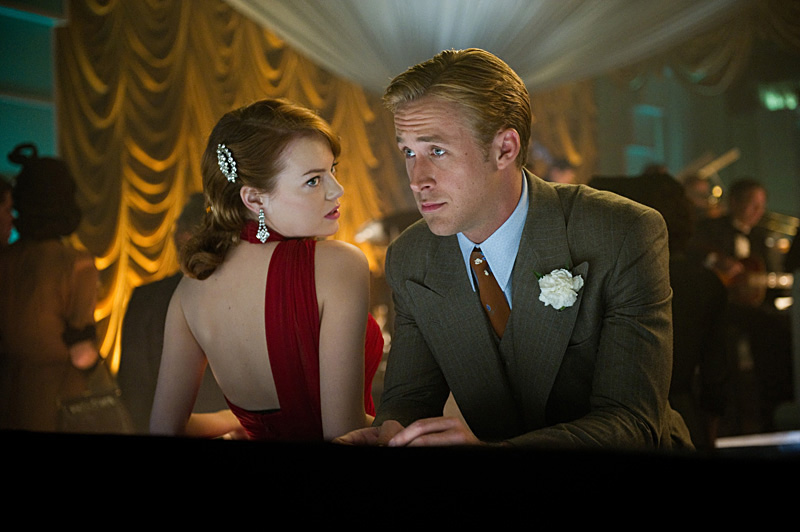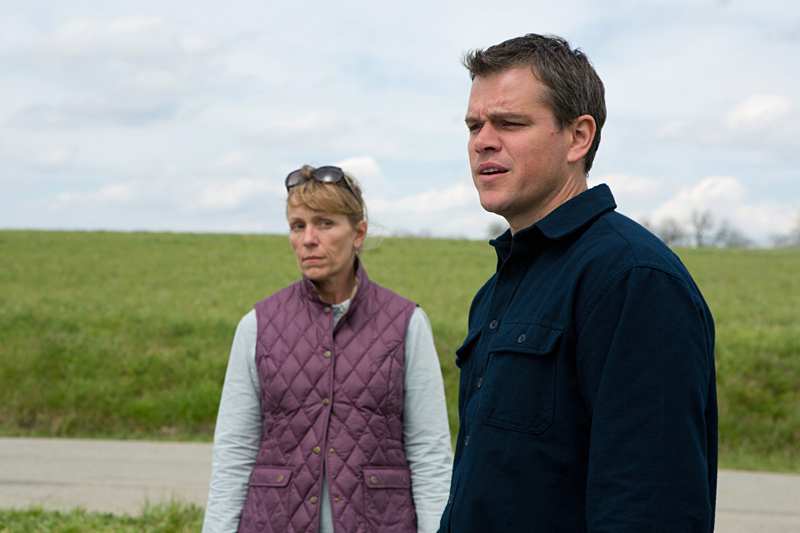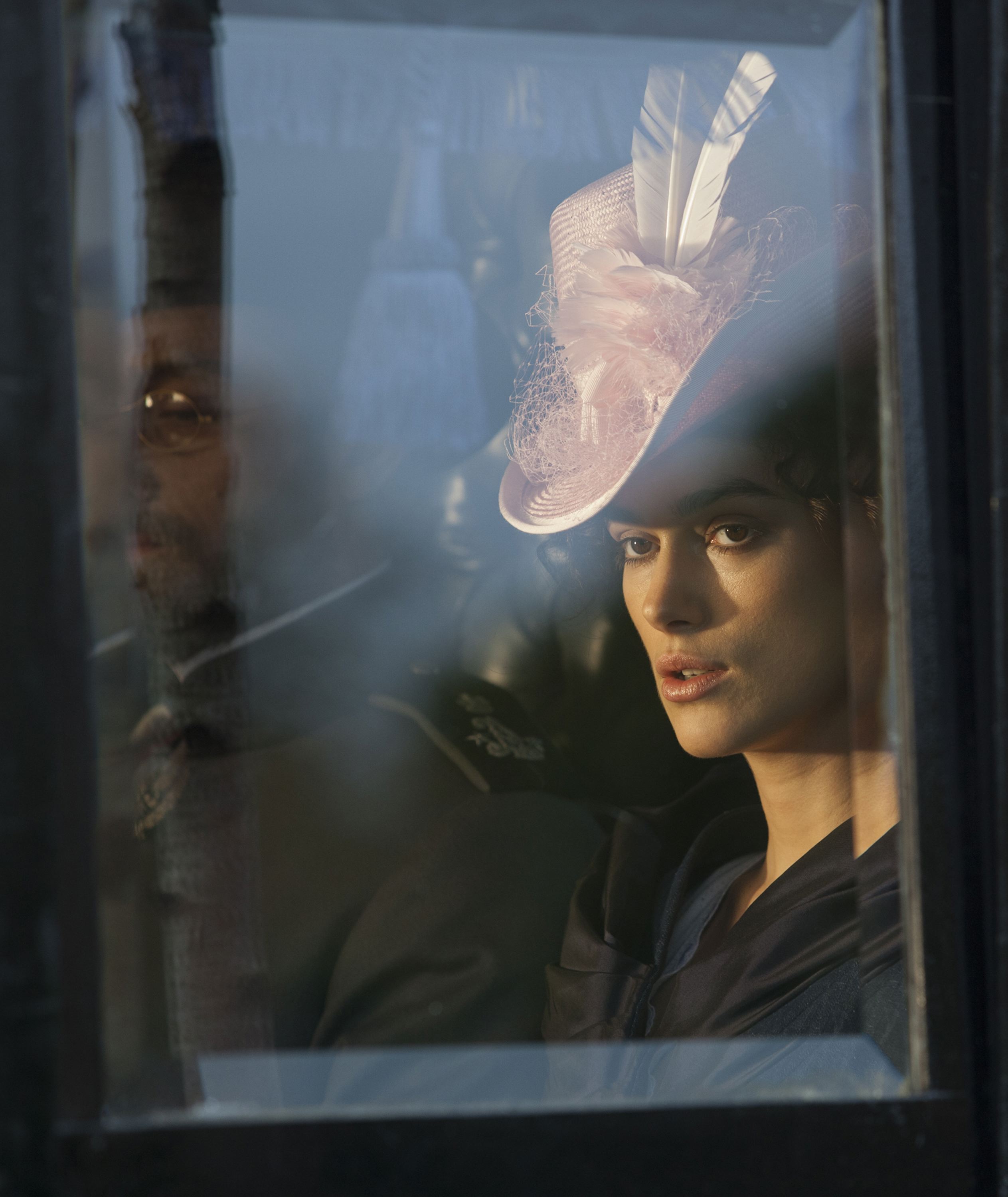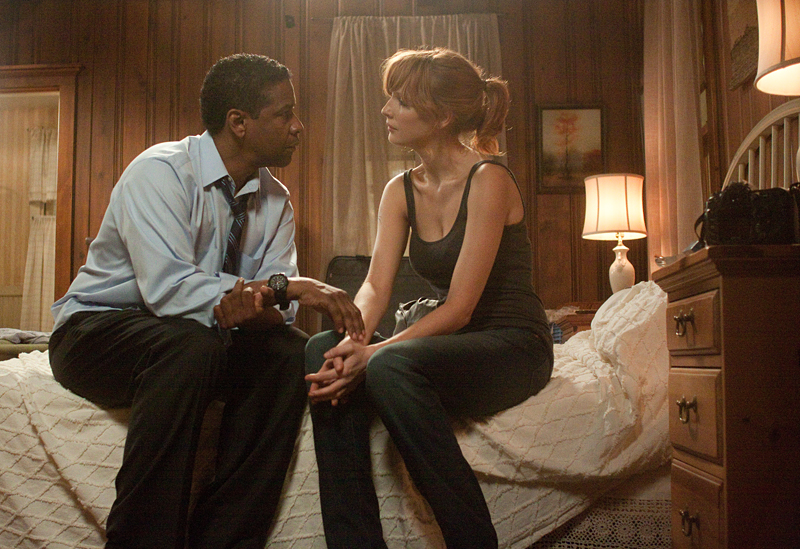People always end up the way they started out. No one ever changes, one character says in Todd Solondz’s significantly titled 2004 film Palindromes—an observation put to the test in his latest tale of genetic-lotto losers in the New Jersey suburbs. Abe (an excellent Jordan Gelber) is a schlubby, Diet Coke–pounding, action-figure-collecting, tantrum-prone 35-year-old living at home with a mollycoddling mother (Mia Farrow) and a father (Christopher Walken) who unfavorably compares Abe to his physician brother (Justin Bartha, who, like all of Abe’s male nemeses, is curiously effeminate). Piloting his yellow SUV through a wasteland of multiplexes and strip malls, spurred on by vapidly optimistic radio pop holding out the promise of reinvention (“Reach out for more/And make it better than it’s been before”), Abe attempts to defy a lonely fate by courting a woebegone, medicated-to-numbness woman, Miranda (Selma Blair), who passively allows herself to be swept along with Abe’s domestic fantasies while responding to him with obliviously cruel comments in a shuddering, hurts-to-breathe tone. Whether Abe’s eventual Pyrrhic victory is a joke or a tragedy is a moot point, like the argument, dating from 1995’s Welcome to the Dollhouse, as to whether Solondz is a caricaturist or humanist. With Solondz’s old-hat funeral deadpan and efforts to pass off Abe’s adolescent rage as elevated insight, Dark Horse is neither incisively black-hearted nor particularly attuned to human behavior—proof that some directors, at least, do end up the way they started out.
Dark Horse: Fear and Loathing in New Jersey
